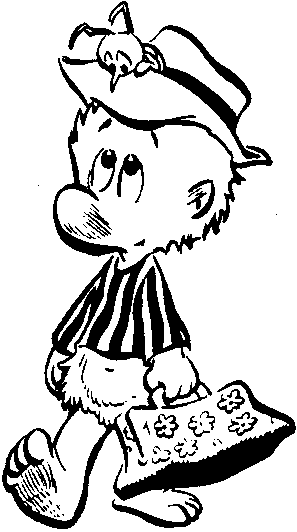
There's a strange disconnect I sense in the lathered recriminations being thrown President Obama's way lately. We've been subjected to a whole lot of hollered rhetoric about how 'ObamaCare' represents an assault on all that is sacred in our country, and at the same time —sometimes even the same people will complain of a lacking specificity to this supposedly ominous plan. There is even the complaint that the president is leaving too much of it to be debated in Congress. Somehow we are supposed to jive the binocular vision —the terrible autocrat and the spineless democrat. Every now and then we even get to hear about how what the new administration truly represents is some form of assault upon our Constitution, upon our entire system of government, our system of values, etc.
What is really going on here? Where has this assault on democracy and the constitution actually taken place? What have we lost and where did we lose it? And is Obama the culprit who has taken off with it?
Sorry, but I think not. I offer as title of this post a fragment of the famous quote from that sage political philosopher —Pogo. "We have met the enemy and he is us.”
I would offer that the problem isn't with Obama —or if it is at all with him it is because he is indeed one of us. What has President Obama done with his advocacy for healthcare reform to confound our Constitution and our democratic way of life? Get elected? Set a policy agenda and encourage debate?
Some might argue that the debate has lacked the legitimacy of substance, that the lacking detail is the danger and that too much of the ultimate dealing and compromise will be conducted beyond our reach —legitimate concern. But is this the deliberate disingenuous doing of the administration? Or has the hollering spectacle come to fascinate us more than the policy supposedly at issue anyway?
One can't help but notice that the media lens of late holds the most of its focus upon the shouting matches rather than the discussions that happen. "TV loves a ruckus," Obama observed recently. That's not the fault of the media lens though, not in my book —it's the matter of where we are looking. The national disposition seems to be not towards attending to a candid debate, or what might be said. We are more inclined towards the smackdown theatrics of shouting debate down.
One well worn insult for those of us who support or respect the president is that we are 'Kool Aid Drinkers' and that our thinking is of the cult-of-personality species. We are worshipers of a false Messiah, et cetera. Actually I think that is something of a conceit. It's not what Obama is saying that bothers or scares. It's the things we can't quite seem to say to —or hear from—each other.
Maybe some of the sparks we are seeing fly come off of actually trying to have that discussion.
Take a look at the president actually asking for civil discussion and you might begin to hope such a thing is possible. Maybe it is, just as Pogo also said, that "we are faced with an insurmountable opportunity."










